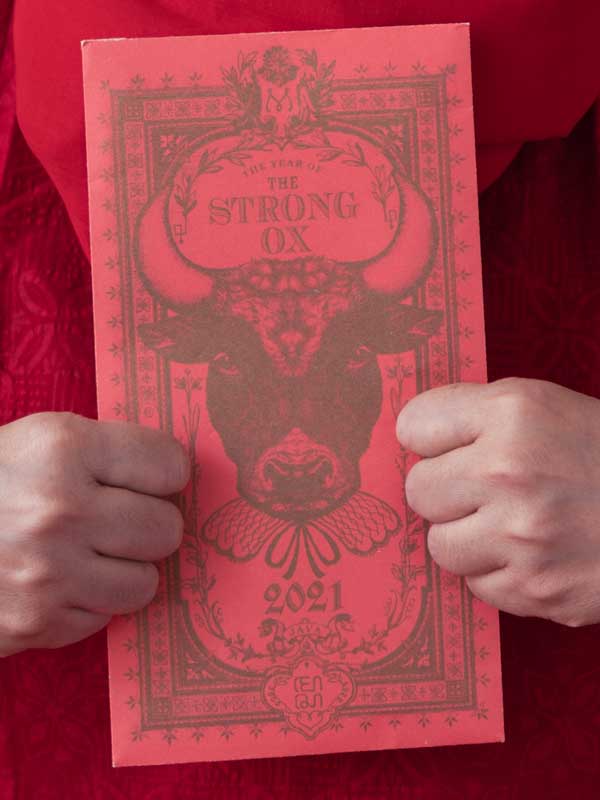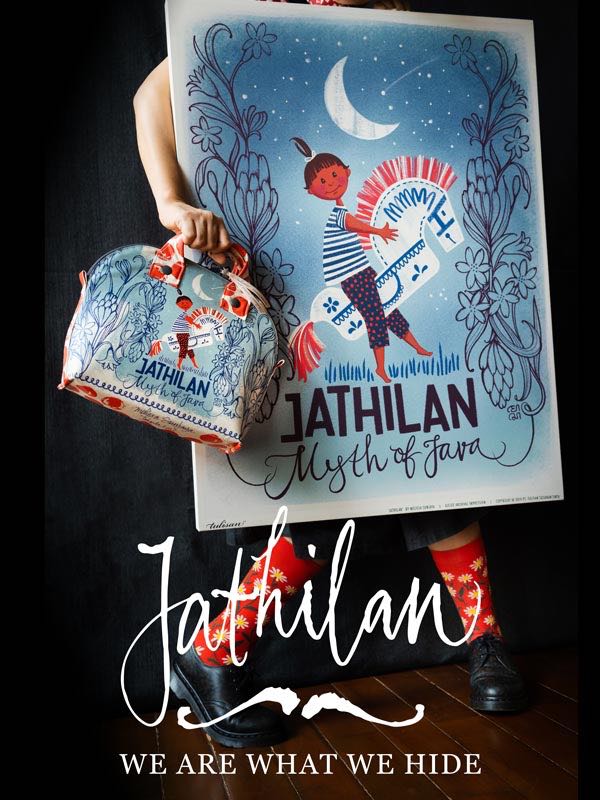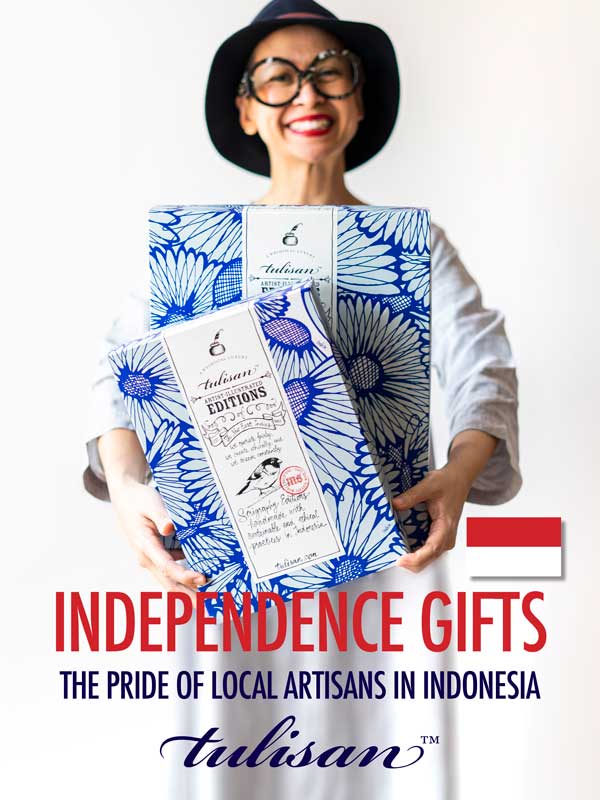 My Grandmother always said that you have to be smart about love. She felt that who you love is up to you. It was certainly not something to be left to impulse, whimsy, or chance. Love was a considerable commitment and required assessment, good judgment, and to be taken seriously. Her perspective was perhaps the product of a generation raised to cherish practicality and revere discipline. She was married for over half a century and with all the ups and downs that the decades proffered, her devotion to those she loved was as steadfast and meaningful as the wedding ring she was buried with.
My Grandmother always said that you have to be smart about love. She felt that who you love is up to you. It was certainly not something to be left to impulse, whimsy, or chance. Love was a considerable commitment and required assessment, good judgment, and to be taken seriously. Her perspective was perhaps the product of a generation raised to cherish practicality and revere discipline. She was married for over half a century and with all the ups and downs that the decades proffered, her devotion to those she loved was as steadfast and meaningful as the wedding ring she was buried with.
But, being “smart” about love is not quite as easy as it seems, and thankfully so. My Grandma was a wise woman, but having never made a spontaneous, life-altering decision, she was not an authority when it came to certain matters of the heart. The ramifications of impulsive commitment are beautifully articulated in George Eliot’s Silas Marner. In her book the heroic misanthrope Silas Marner reveres the gold he earns from his loom, lovingly counting it each night until one day he is robbed and in an instant seemingly loses everything meaningful to him. Devastated, he carries on in a miserable state until one night an orphaned toddler wanders into his home, and immediately his heart thawed. Without brooding over details or implications Marner decides to take her in and raise her as his own. When the child’s mother dies her biological father, Godfrey Cass, having kept his child and marriage a shameful secret, allows his daughter to be adopted by the town recluse rather than claim her as his own. Godfrey painstakingly considers the consequences of revealing his relation to the mysterious orphan against remaining silent and letting the situation play out without his direct involvement. Realizing that by asserting his paternity he might ruin his chances of a future marriage and permanently mar his reputation, Godfrey Cass chooses to take on role of concerned bystander. Having carefully studied his options and each outcome they afforded, Godfrey decides that it was in his best interest to let his child be raised by another. Arguably he made the smartest decision. As the decades wear on, one man’s life becomes rich in love while the other becomes rich in secular pleasure. But who is happiest? I’ll leave that for you to decide.
Though written over 150 years ago, Eliot’s book explores with wit and nuance the hope and hypocrisy that surround religion, the chance connections that become stronger than kinship, and the meaning of true wealth. Her characters become distinctly relatable as their lives unfold in this eloquent and uplifting moral tale.
 It seems that in life you don’t get to choose when or how you will meet the people who ultimately impact you the most. But that doesn’t really matter. As long as you remain as open hearted as Silas Marner, your future will remain rich and meaningful. I imagine that’s the smartest message intimated by the pages of the book. And, I think my Grandma might agree with me.
It seems that in life you don’t get to choose when or how you will meet the people who ultimately impact you the most. But that doesn’t really matter. As long as you remain as open hearted as Silas Marner, your future will remain rich and meaningful. I imagine that’s the smartest message intimated by the pages of the book. And, I think my Grandma might agree with me.
~Melany Zwartjes
**What’s up next? #GirlBoss by Sophia Amoruso. Let’s read Amoruso’s story where, “…Success is about trusting your instincts and following your gut, knowing which rules to follow and which to break.” Her story is as courageous and fascinating as the fashion empire she’s created.






















